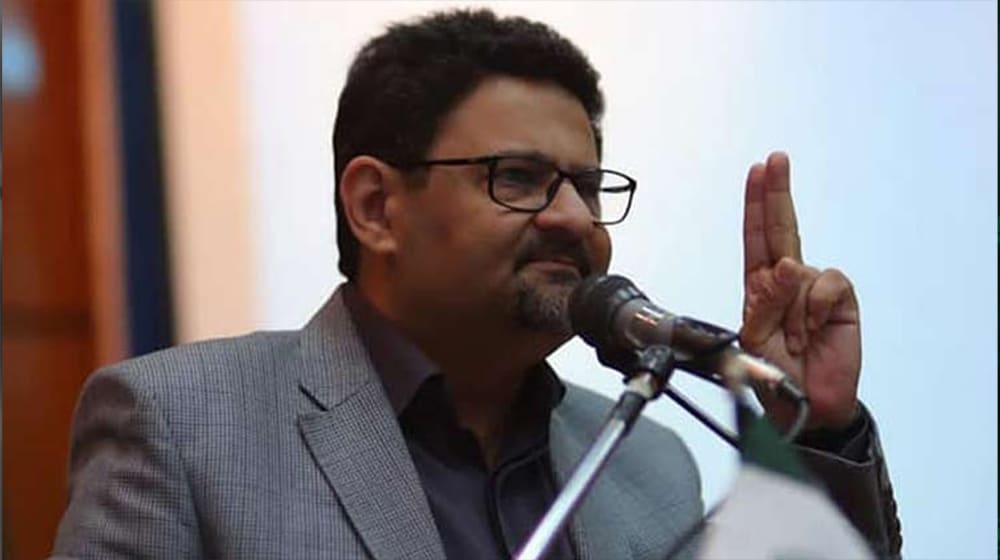
Pakistan’s former top finance official Miftah Ismail has called the coalition government’s decision to keep the petroleum development levy (PDL) this month unchanged “reckless”.
He said this while having a war of words with senior PTI official and fellow finance counterpart, Shaukat Tarin, on the current and previous government’s economic decisions.
PTI’s finance frontman earlier called out Miftah’s “doublespeak” standards on Twitter for blaming the previous government’s relationship with the International Monetary Fund (IMF). He tweeted, “We were blamed for violating IMF conditions. According to Miftah Sahib, they did not wait to get clearance from MD IMF before announcing the fuel prices. Clear double speak”.
Miftah reminded Tarin that his government had breached the deal it had signed with the IMF by slashing petrol prices ahead of the no-confidence vote. “You agreed to increase Sales Tax to 17% but reduced it to zero. You agreed to raise Petrol Levy every month by Rs. 4 to Rs. 30 but brought it to zero. You agreed to not give amnesty but gave one anyway”, he said.
He further argued that the previous government provided an unfunded, unsustainable subsidy on fuel. He claimed that the PTI nearly ruined Pakistan, but when he took over and approached the IMF, the country was “saved” from default.
Regarding the current Finance Minister Ishaq Dar’s recent cut in fuel rates, he tweeted, “PTI nearly bankrupted us but when I took over and went to the IMF we saved Pakistan from default. Not increasing PDL this month without IMF approval is reckless, but what PTI did with our economy was unforgivable”.
Ishaq Dar last week announced a reduction in prices of petroleum products to pass on the benefit of decreasing crude rates in the international market. The price of petrol was brought down by Rs. 12.63 per liter while the price of high-speed diesel was slashed by Rs. 12.13 per liter.
During a press conference at the time, Dar stated that the decision to lower petroleum prices was made after consultation with the premier’s office.